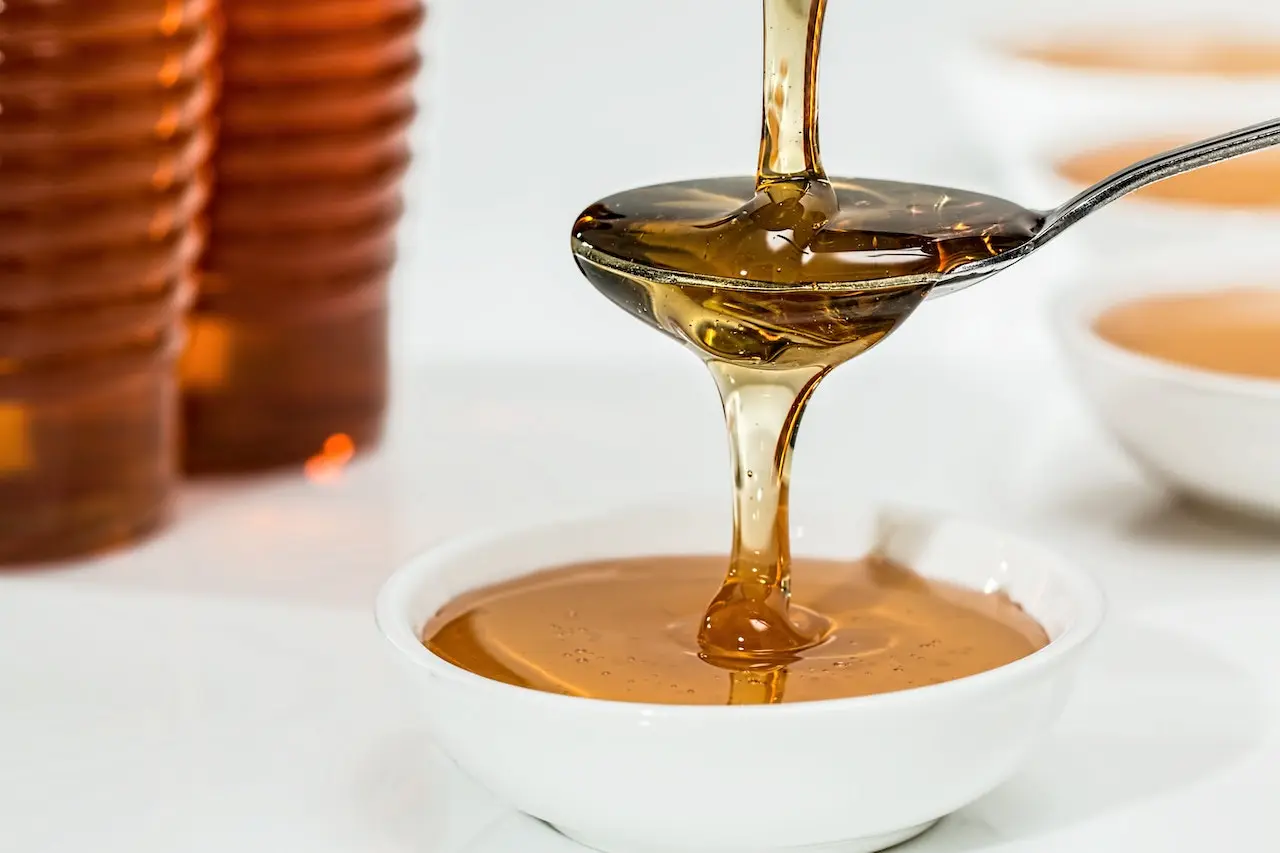It’s not about the number. It’s about what that number does.
People love to ask me, “How many calories break a fast?”
Like there’s some magical number — 5, 10, 50 — where your body just stops giving a damn and switches into ‘eating mode.’
Hate to break it to you, but this whole calorie-counting during a fast obsession? It’s mostly noise.
Here’s the truth: your body doesn’t see food as a number. It sees inputs. It responds to signals. Hormones. Enzymes. Reactions.
So if you’re sipping on 30 calories of “fat-burning” creamer thinking you’ve hacked biology — sorry champ, you’re not fasting.
You’re eating. You just prefer your meals in liquid form.
Let’s break this down the right way.
The Wrong Question Everyone Keeps Asking
Asking “how many calories break a fast” is like asking “how fast can I drive through a school zone without getting caught?” Technically clever, practically stupid.
What you should be asking is:
“What am I trying to get out of this fast — and will this substance screw it up?”
Because different fasting goals have different breaking points.
Let’s say you want:
- Fat loss: Then insulin and digestion are your enemies.
- Autophagy: Then amino acids and mTOR activation screw the party.
- Mental clarity or gut rest: Then even mild digestive triggers (like sweeteners or collagen) can short-circuit the benefits.
So unless your fasting goal is “see how much I can cheat and still feel smug about it,” that teaspoon of “keto-approved” almond butter at 9 a.m. might be undoing everything you think you’re working for.
What “Breaks a Fast” Actually Means
You’re not going to find a universal number — because “fasting” isn’t one single thing. It’s a metabolic state, not a food religion.
So let’s clear the air:
- If you’re fasting for fat loss: Anything that spikes insulin or triggers digestion will slow or halt fat burning. That includes calories, yes, but also some non-caloric sweeteners or even certain supplements.
- If you’re fasting for autophagy: You want to avoid amino acids. That means even zero-carb bone broth or collagen powder? Game over.
- If you’re fasting for blood sugar control: Even a non-caloric energy drink that stimulates your nervous system could spike cortisol, which in turn spikes glucose.
Bottom line? Don’t be a robot counting calories. Be a strategist reading your body’s reactions.
Let’s Talk Numbers — Then Blow Them Up
Alright. You want numbers? Fine. Here’s what the internet parrots:
- “Under 5 calories is safe.”
- “You can go up to 50 calories and still stay in a fasted state.”
- “MCT oil doesn’t count because it doesn’t spike insulin.”
Here’s what I say: bullshit with a side of delusion.
These numbers came from guesswork, not hard science. And half the bro-science behind them was copied from the guy before who read it on Reddit.
Look — yes, technically a single gram of fat (9 calories) might not spike insulin. But guess what? Your digestion just fired up. Your gut is no longer resting. Your liver’s now got a job.
Fasting isn’t a math equation. It’s a metabolic negotiation. Every calorie is a vote. You decide if you’re going to keep fasting or start feeding. No neutral zone.
What Actually Breaks Your Fast?
Let’s get real-world. Here’s the “Will it break my fast?” showdown:
- Black coffee: Nope. You’re safe. Coffee may actually amplify your fast.
- MCT oil (1 tsp = 45 cal): Technically no insulin spike, but digestion is triggered. You just broke the clean fast.
- Diet soda: Mixed bag. Doesn’t spike insulin for everyone, but sweet taste alone can trigger cephalic insulin response. Risky.
- BCAA supplements: Autophagy killer. Amino acids mean you’ve gone anabolic. That’s not fasting. That’s lifting-day nutrition.
- Electrolytes: Clean ones? All good. But if it tastes like candy, read the damn label.
Here’s a rule: If it tastes good and you didn’t earn it, it probably breaks your fast.
The Line I Personally Don’t Cross
I’ve tested damn near everything. Not because I’m curious — because I care about results.
My rule is simple:
If it triggers digestion, sweetness, or calories — it’s out.
During fasts, I stick to:
- Water (plain or mineral)
- Black coffee
- Unsweetened tea
- Clean electrolytes (zero flavor, zero filler)
That’s it. No “but it’s keto” excuses. No “it’s just collagen” loopholes. If I want the benefits of a fast, I stay in the fast. Period.
You want better results? Start telling yourself the truth instead of rationalizing every exception.
If You’re Asking This, You Might Be Overthinking It
Here’s a slap of truth: If you’re constantly Googling “does X break my fast?” you’re probably looking for permission to keep your habits — not results.
You don’t need 100% clean fasts to win. You need consistent fasts. But if you’re slipping in creamers and thinking the scale should still bow to your discipline, reality’s gonna smack you eventually.
I’d rather you fast clean 90% of the time and own it, than pretend you’re “fasting” with 3 cups of keto coffee and still wonder why the belly’s not budging.
Stop asking for loopholes. Start demanding results.
What to Do Next
Pick your reason for fasting — weight loss, autophagy, clarity, gut rest — and then make the rules match that goal.
If you want to push the envelope, do it consciously. If you want results, fast clean. No calories. No flavors. No nonsense.
Final word:
The more you bend the rules, the fewer results you earn. Fasting is simple. You’re either in or you’re not. Choose.



